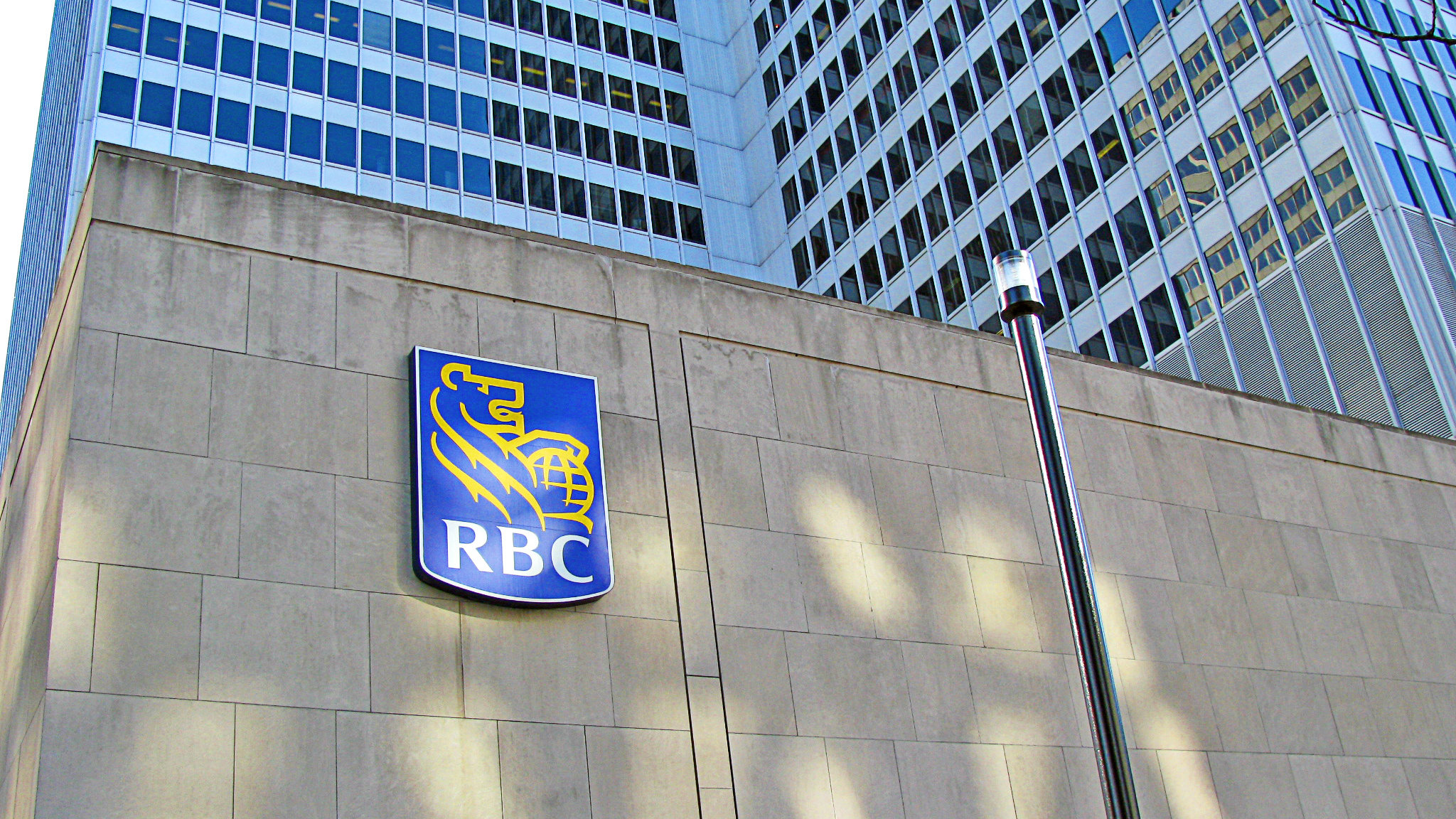In a recent interview, Royal Bank of Canada (TSX:RY)(NYSE:RY) CEO Dave McKay said that a “significant” outflow of investment from Canada to the United States was currently underway. This outflow of capital was largely in response to the U.S. Tax Cuts and Jobs Act of 2017, which took effect in December 2017. The tax reform package slashed the corporate tax rate from 35% to 21%, and expectations of the reform spurred massive gains in the U.S. stock market for much of 2017.
The message from McKay and a number of corporate leaders seems to be aimed at Canada modernizing its own legislation in order to produce a more competitive environment going forward. A spokesperson for Canadian Finance Minister Bill Morneau recently defended the competitiveness of Canadian corporate taxes, pointing to the country’s strong economic performance in 2017. Indeed, Canada managed to lead the G7 in growth and is projected to come in second in that department in 2018 along with Germany, Europe’s largest economy.
Bank of Montreal Chief Economist Douglas Porter has said that it’s too early to tell whether or not U.S. tax reform sparked an exodus of capital. However, he did point to a softening Canadian dollar and weak performance from Canadian equities in 2018 thus far. Should comments from McKay and others steer investors away from Canadian equities and to the U.S. or even emerging markets?
Canadian gross domestic product (GDP) shrank in January, which surprised analysts, as slumping oil production and reduced real estate activity weighed on the broader economy. In the first quarter, Royal Bank reported 6.4% growth in its residential mortgage portfolio, with balances increasing to $238.5 billion. However, lenders have been expecting a cool down since new OSFI mortgage rules were announced. Slower loan growth could follow for the big banks in the remaining quarters.
In the U.S., economic growth was revised up to 2.9% in the fourth quarter, sparking an uptick in indexes to close the previous week. Some analysts projected that U.S. tax reform could generate up to $6 trillion in corporate revenues over the next decade. Early estimates are projecting much slower growth for U.S. GDP in the first quarter, however, which could worsen the current swoon for U.S. equities.
The return of volatility in the first three months of 2018 should prompt investors to monitor their portfolios closely going forward. Some of the top growth stocks will struggle with a slow spring and summer season, and the cannabis market is facing severe headwinds ahead of legalization projected for August or September.
That said, stocks like Royal Bank are still attractive during this period. Shares have dropped 3.8% in 2018 thus far and are up 1.9% year over year. Adjusted net income rose 7% to $3.01 billion in Q1 2018, and its Capital Markets segment rose 13%, which was largely due to the lower effective tax rate – a benefit of U.S. tax reform. It also boasts a quarterly dividend of $0.94 per share, thereby representing a 3.6% dividend yield.








